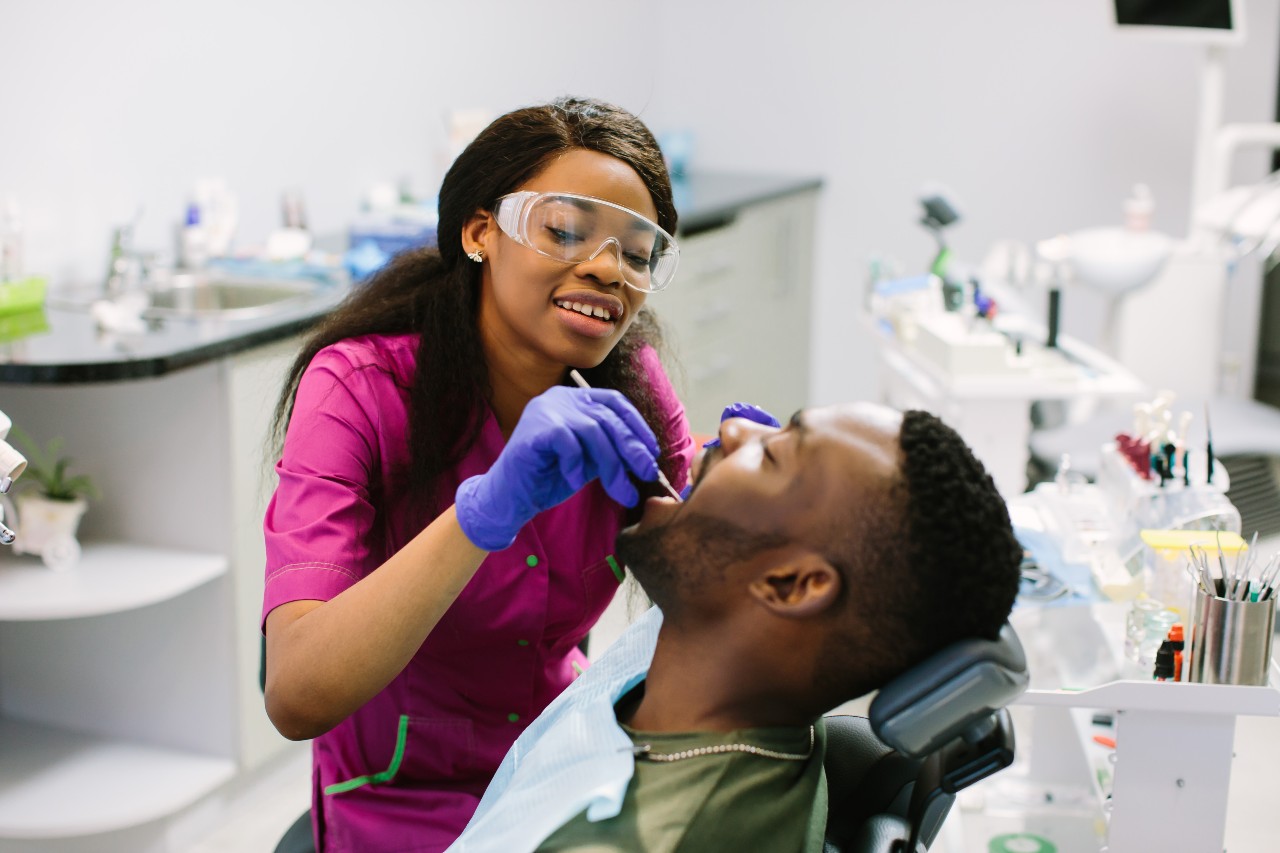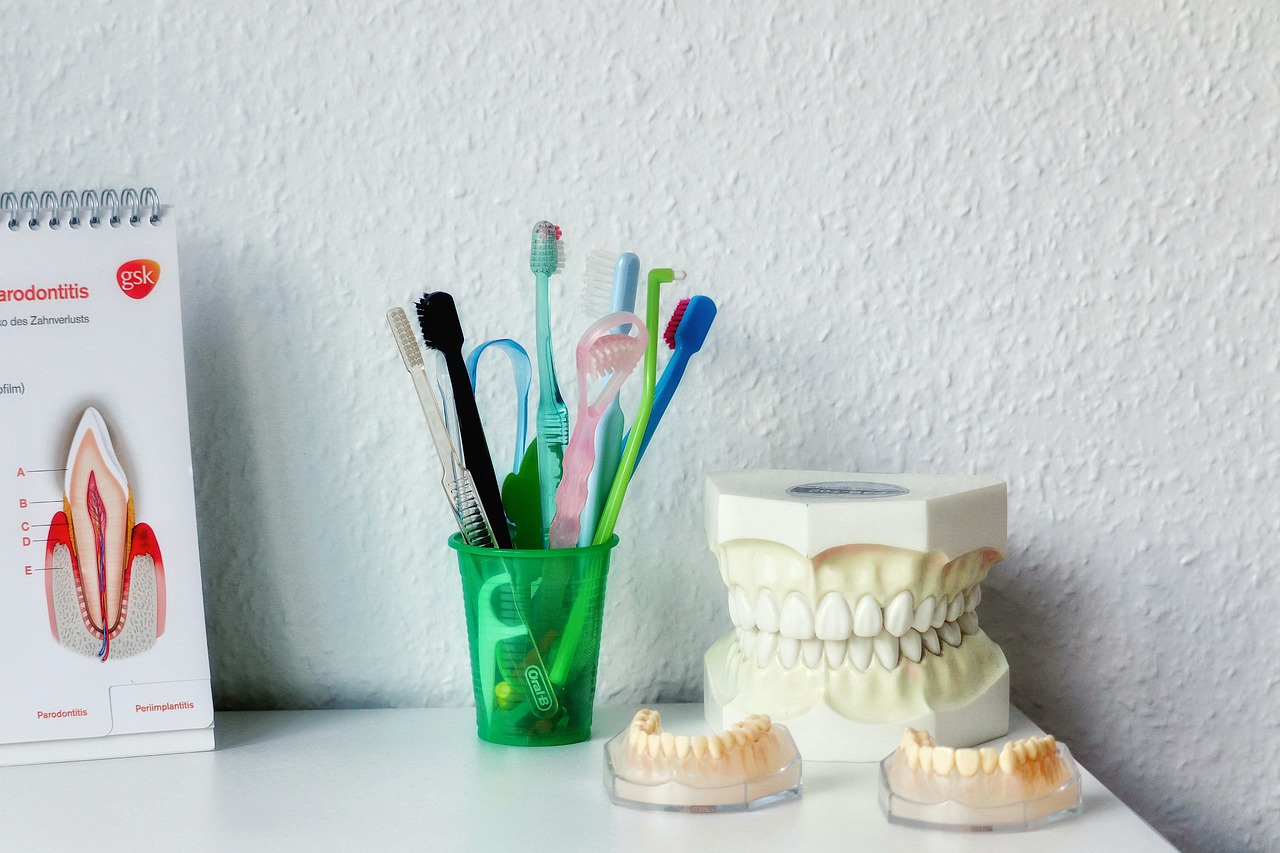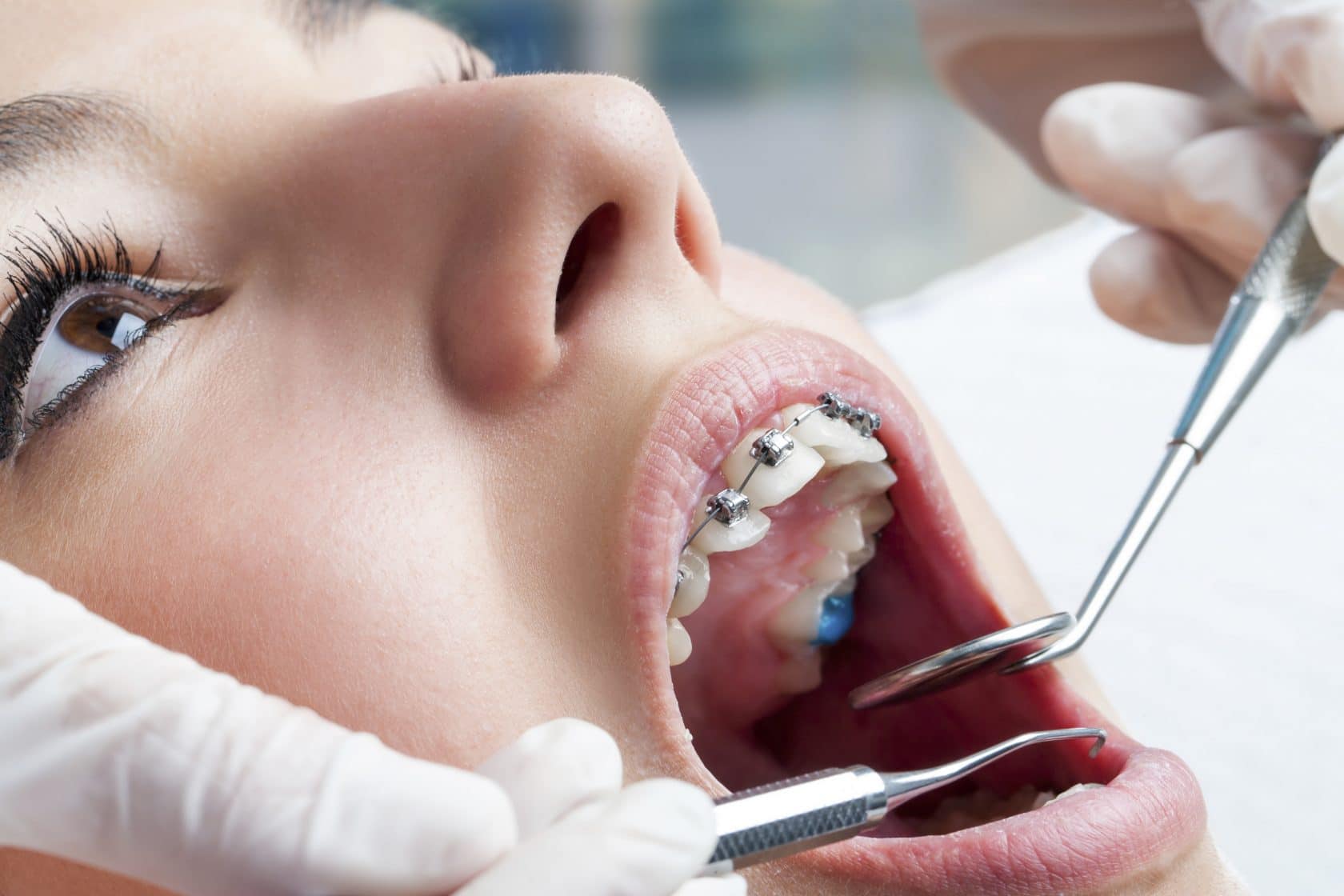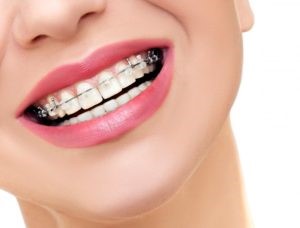General Dentists provide services to diagnose, treat, and maintain your oral health. Our office specializes in general dentistry, and this includes preventative, corrective, and restorative treatment for patients. Our general dental care services allow us to remove any decay or disease from your teeth and gums. We preserve your natural teeth and keep you looking and feeling great.
Visiting our office regularly to maintain your oral health is important. Starting out good habits at an early age can create a good foundation for taking care of your teeth. Preventative treatment helps to keep teeth and gums healthy, and stop decay. During your exam in our office, we will evaluate your teeth and mouth, and develop a customized treatment plan that is tailored to your needs.
What Treatments Are Included in General Dentistry?
Our office has many general dental services to help keep you looking and feeling great. We provide consultations to discuss any concerns you have with your smile. Our consultation includes a detailed exam to determine what procedure is needed.
General Dentistry Services
- Cleanings
- Oral Exams
- Fillings
- Oral Cancer Screenings
- Dental Implants
- Extractions
- Root Canals
- X-rays
- Fixed Bridges and Crowns
What Can I Expect During a General Dentistry Appointment?
Our general dentistry appointments begin with a visual exam of your teeth and mouth. If needed, x-rays are taken so we can take a closer look at the health of your teeth, gums, and jaw. We will discuss any prior health history, and review any prior x-rays if the patients had them sent over to our office.
Next, our team will perform a thorough dental cleaning. This removes plaque from the teeth and gums and polishes the teeth. We also check any existing restorations to ensure they are all stable and in great condition. This includes fillings, implant, bridges, and crowns. Our team will also do an oral cancer screening of the mouth and tongue.
If there are any areas of concern, we will discuss those details with you and create a customized treatment plan. Our staff will discuss next steps if you require further treatment. Patients may have to return to our office for another appointment depending on what is required.
Interested in Scheduling an Appointment?
Attending your regular exams twice a year in our office is an essential part to our oral health. We can help maintain your teeth and gums and keep them looking and feeling great. Exams allow our team to get in front of any potential complications or decay, and prevent serious complications. Let us help you take charge of your oral health, and call our office today!
If you are interested in scheduling your cleaning and exam with us, please contact Springlove Dentistry, and our friendly staff will be happy to assist you!








